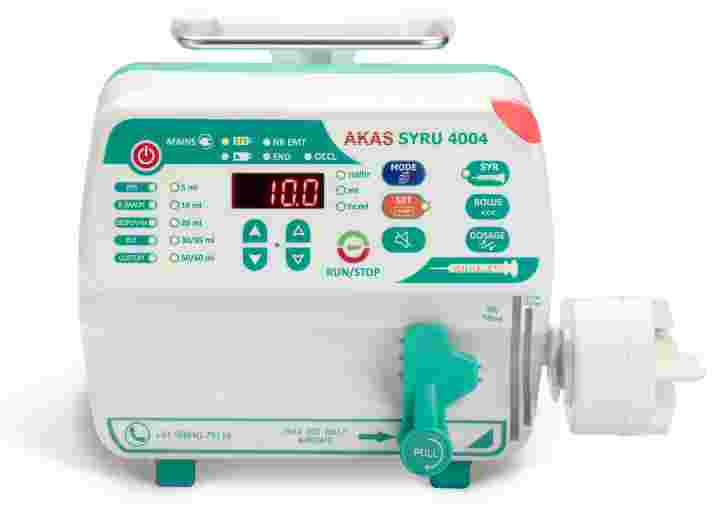Introduction
In modern healthcare, patient safety and treatment precision are paramount. Syringe pumps play a critical role in delivering accurate doses of medication, especially in intensive care, neonatal, and palliative care units. Ensuring that these devices operate flawlessly is not just a regulatory requirement; it directly impacts patient outcomes. Rigorous quality testing of syringe pumps safeguards clinical practice, minimises errors, and supports healthcare teams in providing consistent, reliable care.
The Importance of Syringe Pump Safety
Syringe pumps are essential for controlled drug administration. Any malfunction or inaccuracy can have severe consequences, particularly when dealing with potent medications or vulnerable patients. Quality testing ensures:
-
Accurate delivery rates for critical medications.
-
Reliable alarm systems to alert clinical staff to any irregularities.
-
Consistent device performance under various environmental and operational conditions.
Hospitals and clinics rely on syringe pumps for continuous infusion therapy. By confirming the performance of each device before deployment, healthcare institutions can prevent medication errors and enhance patient trust.
Key Aspects of Quality Testing for Syringe Pumps
Quality testing involves multiple stages, each designed to evaluate different operational and safety aspects of syringe pumps. These tests are vital to maintain device reliability and clinical efficacy. Key areas include:
-
Calibration Accuracy
Ensures that the device delivers the exact volume of medication prescribed. Regular calibration checks confirm that flow rates are precise, reducing the risk of over- or under-dosing. -
Alarm and Safety Mechanisms
Testing confirms that alert systems function correctly. Visual and auditory alarms notify staff of occlusions, low battery, or syringe misplacement, preventing treatment interruptions. -
Durability and Mechanical Integrity
Devices undergo stress testing to evaluate long-term reliability. This includes repeated use cycles, environmental stress conditions, and mechanical endurance checks. -
Software and Interface Reliability
Modern syringe pumps often include integrated software for programmable infusion. Testing ensures the interface responds correctly to commands and prevents operational errors. -
Electrical Safety Compliance
Ensuring that the device meets international electrical safety standards protects patients and staff from hazards related to power supply and device malfunction.
Benefits of Quality Testing in Clinical Practice
By adhering to comprehensive quality testing protocols, hospitals and healthcare institutions can achieve several key benefits:
-
Enhanced Patient Safety
Accurate infusion reduces the likelihood of medication errors, particularly in high-risk areas such as ICUs and neonatal units. -
Clinical Staff Confidence
Reliable devices allow healthcare professionals to focus on patient care without worrying about device failures. -
Operational Efficiency
Fewer device malfunctions translate to reduced downtime, less interruption in therapy, and smoother clinical workflows. -
Regulatory Compliance
Quality-tested syringe pumps help hospitals maintain adherence to national and international healthcare standards, ensuring both safety and accountability. -
Long-Term Device Reliability
Rigorous pre-deployment testing and ongoing performance checks prolong the lifespan of the syringe pump, supporting a cost-effective investment for medical institutions.
Implementing a Hospital-Based Quality Assurance Protocol
Hospitals and clinics can further enhance syringe pump safety by adopting internal quality assurance measures:
-
Maintain a log of calibration schedules and device maintenance.
-
Train staff on proper operation, routine inspection, and alarm recognition.
-
Conduct periodic performance reviews to ensure devices remain within acceptable operational standards.
-
Partner with trusted manufacturers that follow international quality testing protocols.
Conclusion
Quality testing is not merely a technical requirement but a cornerstone of patient-centered care in clinical practice. By ensuring the accuracy, reliability, and durability of syringe pumps, healthcare institutions can deliver safer, more effective treatment. Hospitals benefit from devices that minimise errors, streamline operations, and reinforce staff confidence. Akas Infusion manufactures world-class drug delivery devices, including volumetric pumps, designed to meet these stringent standards. Choosing the right manufacturer ensures that healthcare providers have access to dependable, precise, and high-quality infusion technology for optimal patient outcomes.




